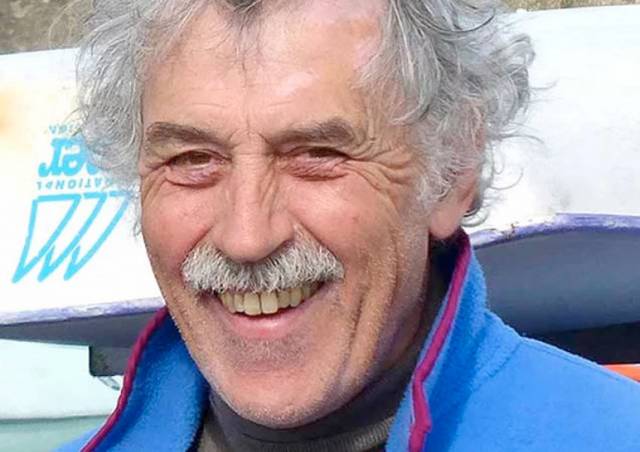#INSS - On the latest episode of RTÉ Radio 1’s Seascapes, Fergal Keane chats with Alistair Rumball, who is celebrating 40 years of his Irish National Sailing & Powerboat School in Dun Laoghaire Harbour.
Some 3,000 youngsters are expected to have passed through the INSS over this summer’s courses come September — a testament to the hard work Rumball and his family have put into the business since he filled the breach after the collapse of the old Dun Laoghaire Sailing School in 1978.
The INSS has seen some choppy waters over the decades, particularly during the recession period from 2010 when the phones stopped ringing and bookings dried up entirely for a time.
But the Rumballs were savvy enough to have put aside a ‘war chest’ to weather the storm, and redoubled their efforts to encourage children back onto the water by diversifying their offerings and creating their own demand, as Alistair puts it.
More lately, the INSS has branched out into certification for older sailors looking to make the most of their yachts — and then there’s Alistair's involvement in providing replica historical vessels for film and TV productions such as the hit series Vikings.


























































